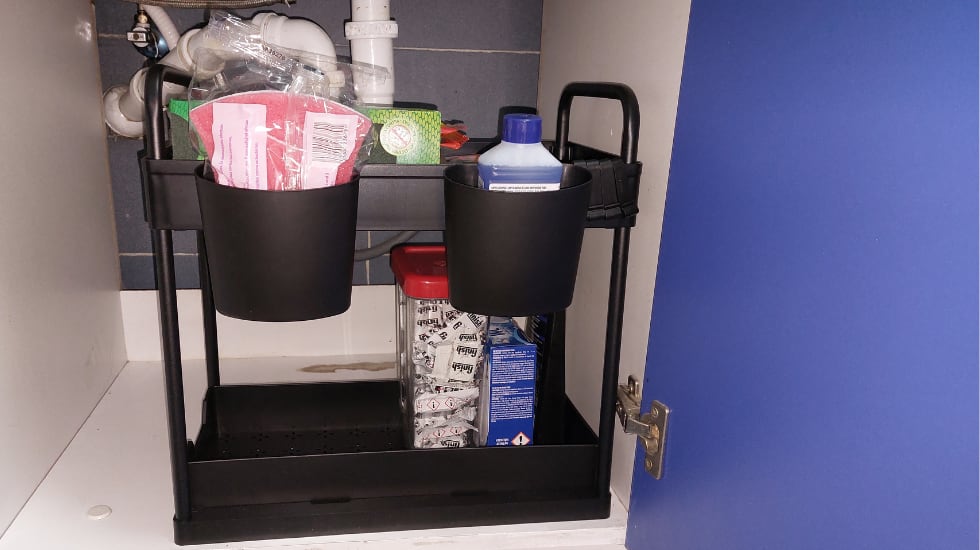MOL Group has inaugurated a polyol plant in Tiszaújváros (Hungary), following an investment worth 1.3 billion euros. The complex has a production capacity of approximately 200,000 tons of polyols per year.
The companies MOL, thyssenkrupp and Evonik IP signed the license agreement in the summer of 2017, and the foundation stone of the complex was laid in September 2019.
“I am proud to have completed the polio complex. It was a real international team effort and is the result of an extraordinary collaboration involving thousands of people over the past six years and which has enabled us to realize the largest investment of the MOL Group, perhaps the largest development in modern history of Hungary. We have come a long way, but the road ahead is even longer. The polyol complex will significantly strengthen our company’s position and competitiveness across the entire value chain, from oil processing to polyol production. This investment put Tiszaújváros back on the map of the European chemical industry, turning it into one of the most important industrial centers in the region. This will enhance our country’s industrial competitiveness and could also catalyze economic growth. Thanks to this investment, Hungary will be stronger, because the success of MOL represents the success of the whole country,” said Zsolt Hernádi, President and CEO of the MOL Group.
An international team of thousands of experts was involved in this project, and technological design work was carried out in Germany, Thailand, India and Hungary. The equipment used in the factory comes from 24 countries. The construction of the complex required 75,000 cubic meters of concrete, 13,000 tons of steel, 2,500 kilometers of cables and 700 kilometers of pipes installed in more than 18 million working hours.
The Hungarian government contributed EUR 131.5 million to the project: a company tax credit of EUR 93.6 million, which can be claimed once the investment is operational, and an investment grant of EUR 37.9 million euros, offered on the basis of an individual government decision.
Polyol is one of the most sought-after raw materials for plastics, being used in a wide range of industries from automotive manufacturing to clothing and insulation. Polyurethane is made from polyol and is the base material for many of the consumer durables that people encounter in their daily work.



